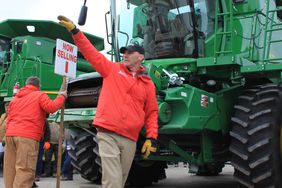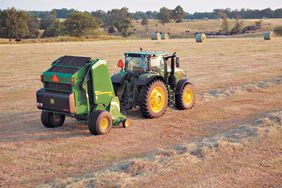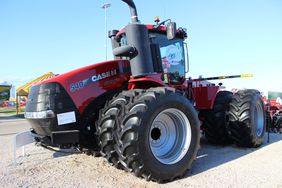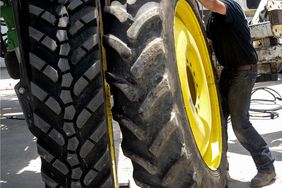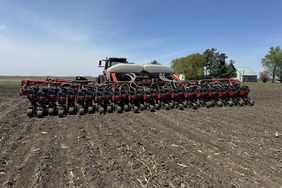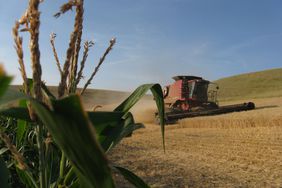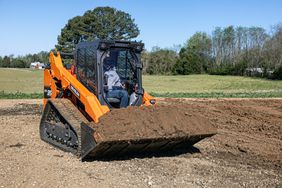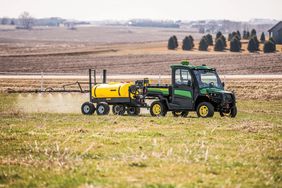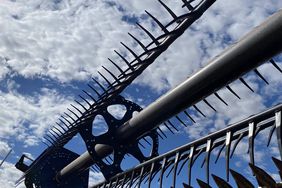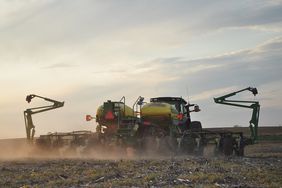:max_bytes(150000):strip_icc()/Controller20and20Ferret20Black-2000-d2becc297e5b4cd2951737a6d00c3e12.jpg)
Time and time again, Corn Belt farmers report that installing tile drainage on their farms provides greater return on investment than any other practice.
While that may be true, the only way ROI is improved is if the tile drainage system works. Blocked tile – due to roots, rodents, or some other nefarious obstacle – doesn't pay, and can cause lost yield and man hours to isolate.
That's where The Ferret comes in. A wireless robot that can inspect tile drainage and locate clogs, the Ferret provides an "unobtrusive, noninvasive way of inspecting tile proactively," says Austin Ehle, director of Davaus, the Hoagland, Indiana, firm that designed and builds the product.
Overhead imagery is a great way to discover evidence of what could be blocked tiles, Ehle says. "You may see a depression in the field, or the beginning of a pothole or suckhole. In extreme cases, you can see broken tile."
Think of the Ferret as an "in-ground drone," adds Dave Hockemeyer, president of Davaus.
The heart of the Ferret is a tracked rover that contains cameras and its own LED light source, that fits into a 4-inch tile and "crawls" 4 to 5 mph along the tile. The rover's movement is controlled with a wireless handheld display that has a 7-inch screen and joystick controls. The controller emits a radio signal that tells the Ferret rover what to do. Operators need to stay within a 50-foot radius from the rover to the controller. "You can walk along, or follow along on an ATV," Ehle says.
The wireless capability is unique to the industry. "There are a couple of similar products on the market, but they are corded. That makes them heavy and bulky," Ehle explains. "Imagine a 400- or 500-foot cable with a camera on the end. Just to coil that up and put it in the back of the truck is not easy."
The Ferret rover has a minimum 60-minute run time per battery. That's important for the unit to explore drainage tile mains, connections, and inlets, Hockemeyer says.
"We have built this not so much for distance as run time," he explains. "We've had a few farmers know exactly where their tile is, so this allows them plenty of time to survey the area."
Using a tile probe, or even a backhoe, to find and identify the problem is time-consuming and haphazard. The Ferret can quickly find the location of the malfunction, help identify the problem, and allow growers to fix the problem easily.
"This is a pair of eyes under the ground so you can see where problems may be. Knowing where the problem is located is half the battle," Hockemeyer adds.
The Ferret kit contains the rover, controller, two batteries, and a durable case. Retail price is $1,995 for the kit. A limited launch has been scheduled for July 2020. The full launch, sold directly by Davaus, will occur in early 2021.
For more, check out Davaus online.
